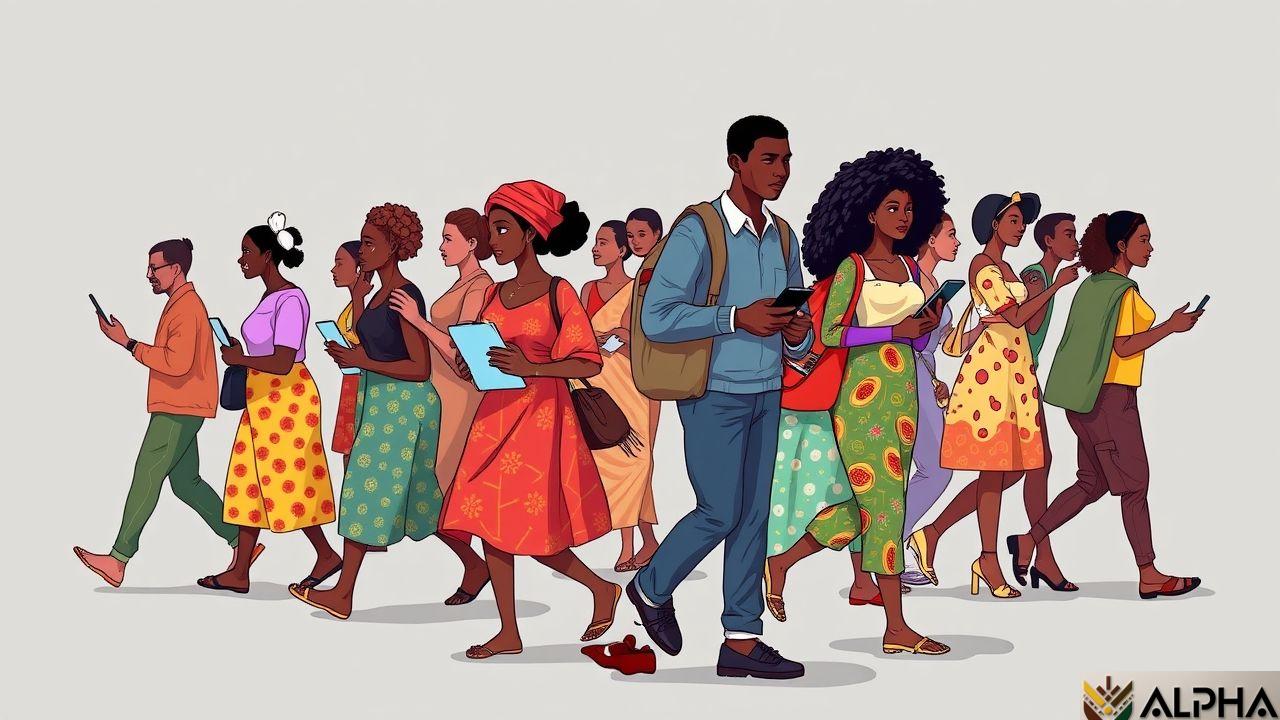Small Language Models: Revolutionizing AI in Africa
Small Language Models: Revolutionizing AI in Africa
The rise of artificial intelligence (AI) presents both immense opportunities and significant challenges for the African continent. While large language models (LLMs) have demonstrated impressive capabilities, their resource demands often create barriers to access and deployment in resource-constrained environments. This is where small language models (SLMs) offer a compelling alternative.
The Promise of SLMs in Africa
SLMs, significantly smaller than their LLM counterparts, offer several key advantages for Africa:
- ✓ **Reduced computational resources:** SLMs require less processing power and memory, making them suitable for deployment on low-powered devices and with limited internet access. This is crucial given the digital divide still prevalent in many parts of Africa.
- ✓ **Lower energy consumption:** Their smaller size translates to lower energy consumption, addressing sustainability concerns and reducing carbon footprints. This aligns with global efforts to promote greener AI.
- ✓ **Improved accessibility:** By running on local devices, SLMs can overcome connectivity challenges and data privacy concerns. They allow for offline functionalities, crucial in regions with unreliable internet access.
- ✓ **Preservation of local languages:** SLMs can be trained on and used with low-resource languages prevalent in Africa. This is pivotal in promoting digital inclusion and preserving linguistic diversity.
Success Stories and Challenges
Several initiatives are showcasing the potential of SLMs in Africa. For instance, InkubaLM, a small language model developed for low-resource African languages, demonstrates progress in this area.1 However, challenges remain. Data scarcity, lack of computational infrastructure, and talent development are key hurdles that need to be addressed.2
Looking Ahead
SLMs have the potential to significantly impact diverse sectors in Africa, including healthcare, education, and agriculture, by providing affordable and accessible AI solutions. Continued investment in research, infrastructure development, and talent cultivation is crucial to unlock the full potential of SLMs and empower Africa’s technological advancement. Collaboration between researchers, governments, and private companies is necessary to overcome challenges and promote responsible AI development on the continent.
Points to Remember
- ✓ SLMs offer a resource-efficient and sustainable AI solution for Africa.
- ✓ They improve accessibility and address the digital divide.
- ✓ Overcoming data scarcity and infrastructure challenges is crucial for wider adoption.
- ✓ Collaboration is key to unlocking the full potential of SLMs in Africa.
Sources
- Lelapa AI – InkubaLM: A small language model for low-resource African languages
- BusinessDay – Small language models offer Nigeria path to AI innovation
Share this content:














Laisser un commentaire